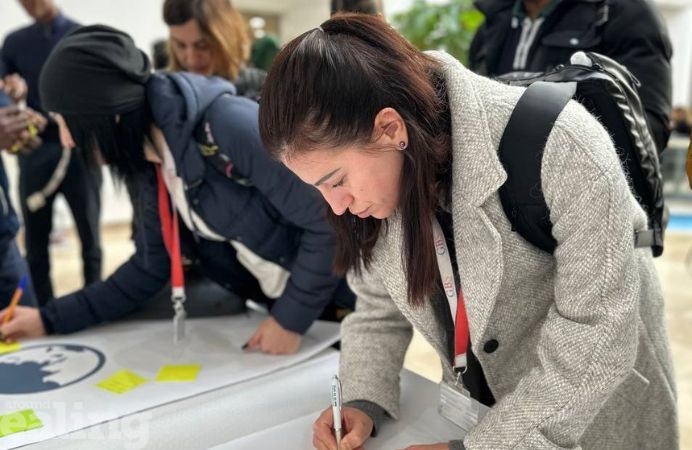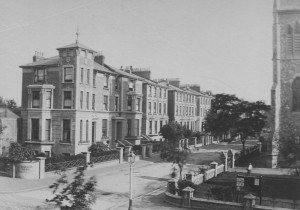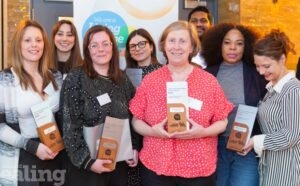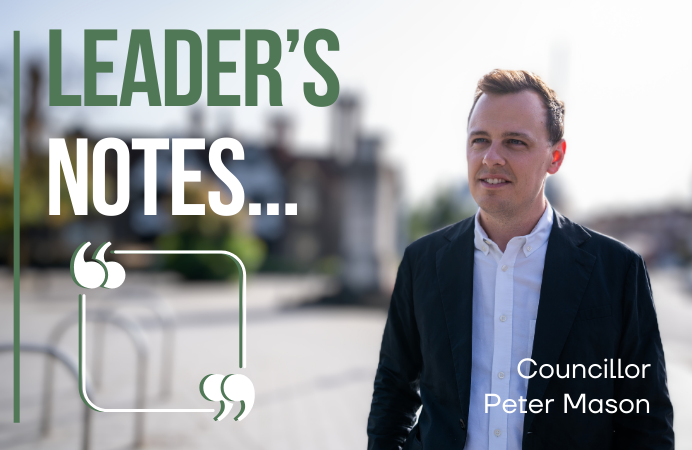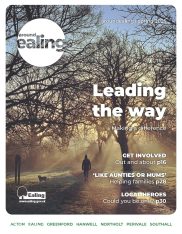Close to 1,000 residents took part in the ‘Your Voice, Your Town’ engagement, aimed at more local people being involved in the decisions that are made about the places where they live.
Ealing Council reached out across the 7 towns in the borough, attending events and workshops hosted by community groups, to find out how residents wanted to talk with the council about improving their neighbourhood.
Among the key findings from the conversations:
There was support right across the borough for residents to be able to connect with the council in lots of different ways.
The good news is that many residents are already engaged in their community including faith groups, sports and social activity, and most people in Ealing said they wanted to engage with the council to improve their local area.
However, a third of respondents said they lacked confidence in the council’s ability to improve their local community.
To overcome that barrier, residents said the council needs to give clear reasons why getting involved is a good thing for them and be really clear about how they can. It was also suggested that there should be as many ways as possible for residents to take part.
Councillor Polly Knewstub, the council’s cabinet member for thriving communities, said: “One of the key takeaways from the consultation is that we cannot just rely on traditional methods of talking to residents, like community meetings. Those face-to-face meetings are important, but they don’t work for the majority of people. This is why we need to develop new ways for people to talk with the council that fits around people’s busy lives. Our aim is to channel your suggestions, ideas, enthusiasm, and energy into tangible change within the borough.”
The consultation was carried out across each of the 7 towns and broken down into neighbourhood wards so that future communications can be tailored to each town and community.
The survey revealed key concerns of residents. This included fly-tipping, street cleanliness, crime, drugs, and overcrowding emerging as top priorities, especially among older residents. For younger people, public transport and active travel took precedence.
What next?
In February and March, the council will hold events in each town and use the information gathered through the ‘Your Voice, Your Town’ campaign to make plans together for future engagement.
A more comprehensive breakdown of the insights town by town will be published at www.dosomethingood.org.uk
